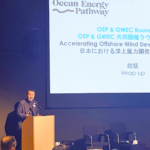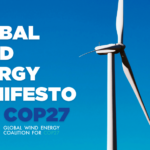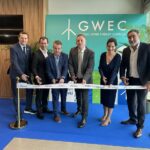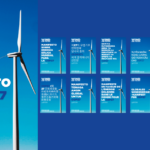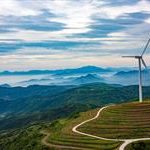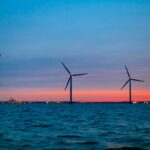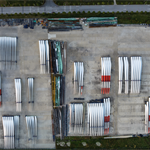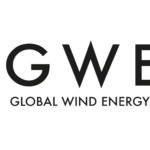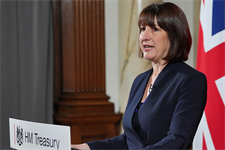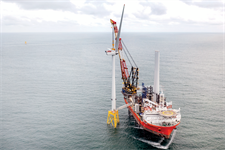Global Wind Energy Manifesto for COP26
Energy Disrupter

Too many countries are unable to leverage the enormous interest from investors to deploy wind energy projects, due to overly complex and bureaucratic permitting schemes. Without streamlining the procedures to grant permits, including land allocation and grid connection, there will be a surplus of projects “stuck in the pipeline” and countries will miss their climate targets. Permitting lead times – which cover spatial planning, environmental and social impact assessment, planning authorisation, grid connection and legal challenges – are slowing down wind energy deployment in some world-leading wind markets, such as Germany and India.
For onshore wind projects, permitting can take more than 8 years in Spain, Italy, Greece, Sweden, Belgium (Flanders) and Croatia, including the time taken by any legal challenges, according to WindEurope. In Japan it can take up to 5 years to complete the complex environmental impact assessment process. Offshore wind projects generally require at least 6 years for permitting, including environmental impact assessments and stakeholder consultation.
The energy transition calls for system-wide transformation, powered by renewable energy. Policymakers must ensure that bureaucracy and red tape are not obstructions to achieving our climate goals. At the same time, the renewables sector is committed to sustainable development, circular economy, harmonious co-existence with local communities and users of land/sea space where wind farms are built, as well as adhering to high environmental and social standards.
The following measures should be considered, among others: mandated maximum lead times to permit renewable energy plants, such as 2 years for greenfield onshore wind projects, 3 years for offshore wind projects and 1 year for repowering projects, with additional discretionary time allowance under extraordinary circumstances; a structured and time-limited process for developers to provide evidence; a clearing house mechanism for legal disputes to prevent extended delays to critical infrastructure projects; land/ocean use strategies which prioritise nature-positive energy solutions; and fast-track permitting schemes to prioritise repowering of existing wind farms where turbines are reaching end-of-lifetime.


